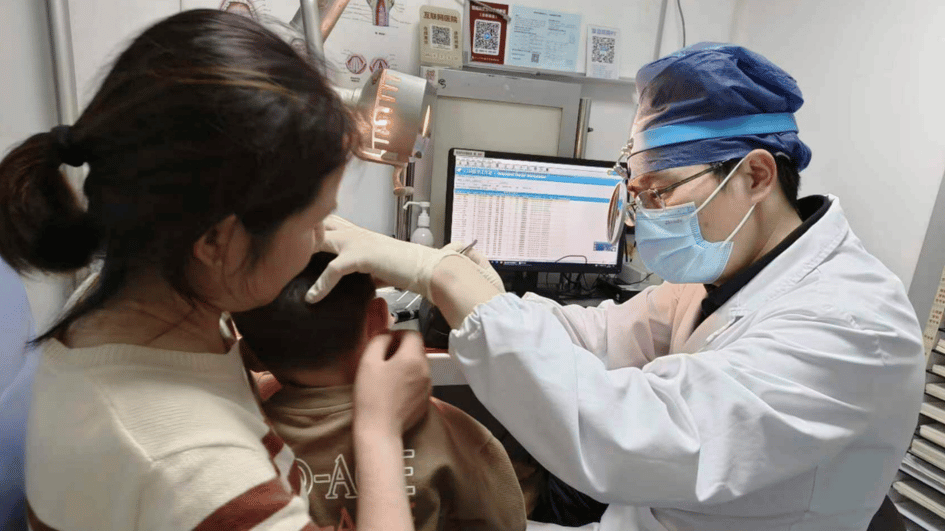Gene therapy allows kids with inherited deafness to hear
WASHINGTON

Gene therapy has allowed several children born with inherited deafness to hear.
A small study published on Jan. 24 documents significantly restored hearing in five of six kids treated in China. On Jan. 23, the Children's Hospital of Philadelphia announced similar improvements in an 11-year-old boy treated there. And earlier this month, Chinese researchers published a study showing much the same in two other children.
So far, the experimental therapies target only one rare condition. But scientists say similar treatments could someday help many more kids with other types of deafness caused by genes. Globally, 34 million children have deafness or hearing loss, and genes are responsible for up to 60 percent of cases. Hereditary deafness is the latest condition scientists are targeting with gene therapy, which is already approved to treat illnesses such as sickle cell disease and severe hemophilia.
Children with hereditary deafness often get a device called a cochlear implant that helps them hear sound.
“No treatment could reverse hearing loss … That’s why we were always trying to develop a therapy,” said Zheng-Yi Chen of Boston's Mass Eye and Ear, a senior author of the study published Wednesday in the journal Lancet. “We couldn’t be more happy or excited about the results.”
The team captured patients' progress in videos. One shows a baby, who previously couldn’t hear at all, looking back in response to a doctor’s words six weeks after treatment. Another shows a little girl 13 weeks after treatment repeating father, mother, grandmother, sister and “I love you.”
All the children in the experiments have a condition that accounts for 2 to 8 percent of inherited deafness. It's caused by mutations in a gene responsible for an inner ear protein called otoferlin, which helps hair cells transmit sound to the brain. The one-time therapy delivers a functional copy of that gene to the inner ear during a surgical procedure. Most of the kids were treated in one ear, although one child in the two-person study was treated in both ears.
The study with six children took place at Fudan University in Shanghai, co-led by Dr. Yilai Shu, who trained in Chen's lab, which collaborated on the research. Funders include Chinese science organizations and biotech company Shanghai Refreshgene Therapeutics.
Researchers observed the children for about six months. They don't know why the treatment didn't work in one of them. But the five others, who previously had complete deafness, can now hear a regular conversation and talk with others. Chen estimates they now hear at a level around 60 to 70 percent of normal. The therapy caused no major side effects.
















